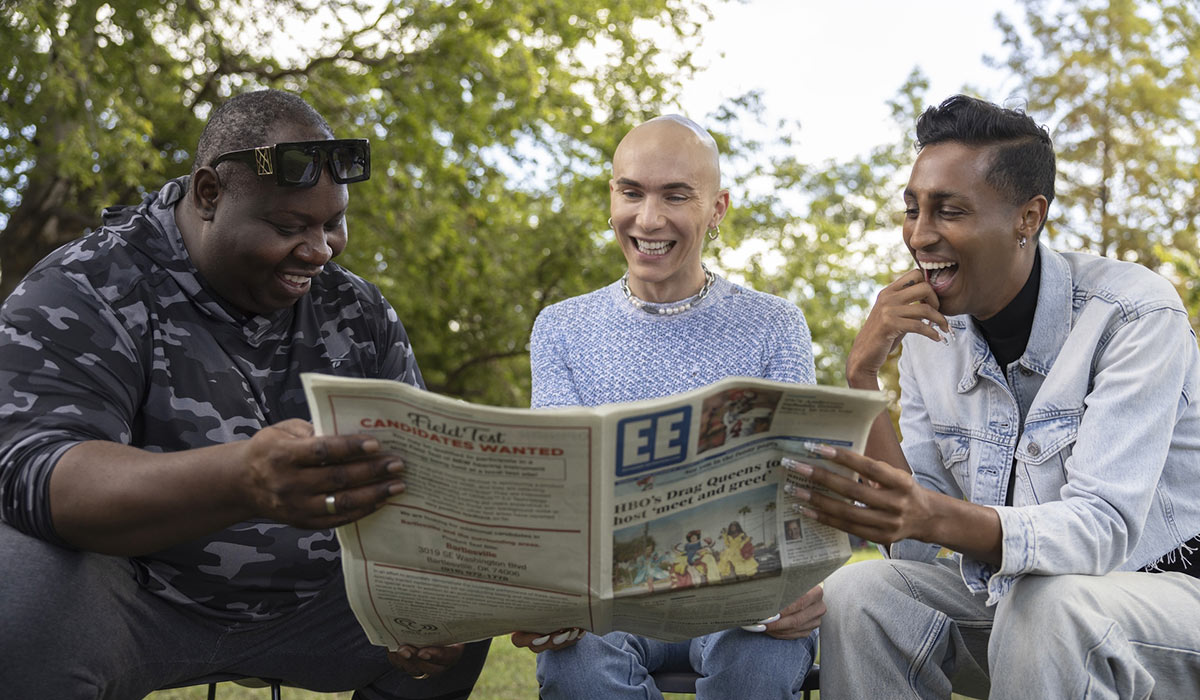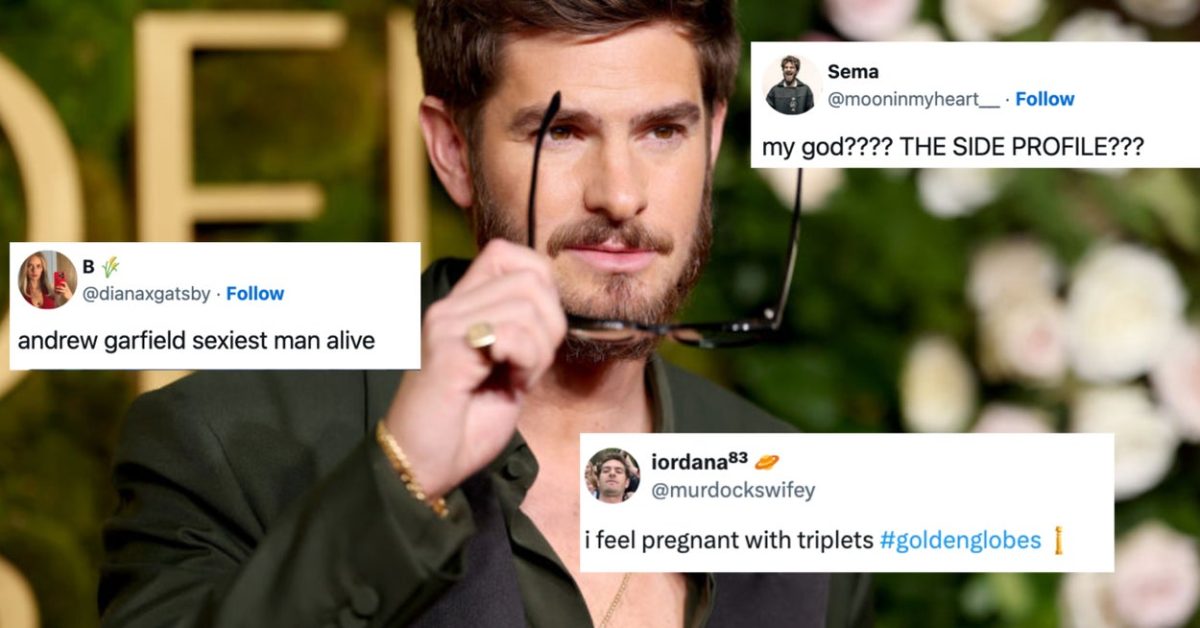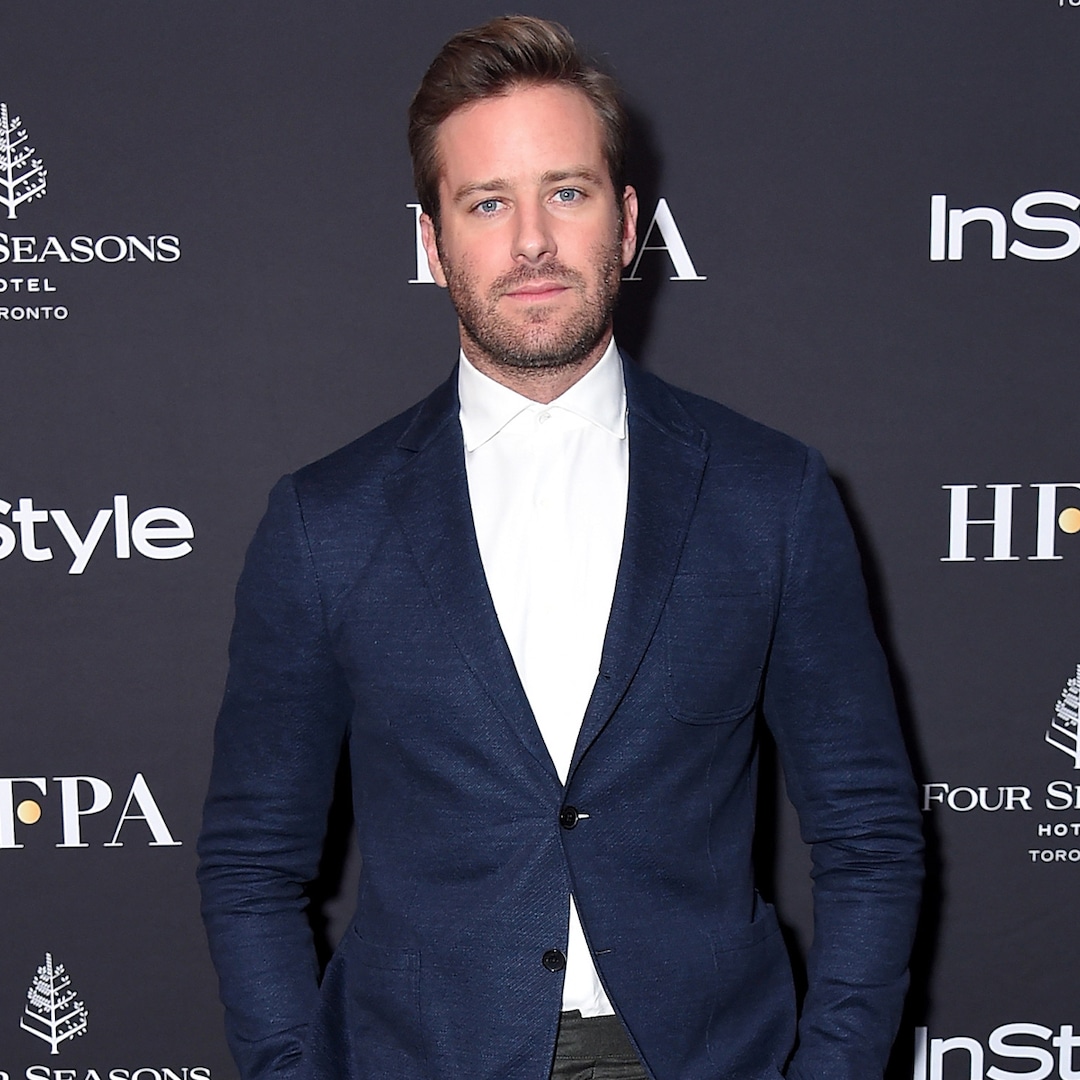
Sasha Velour And Latrice Royale Discover Fighting The Good Fight Is Harder Than Ever
Apr 29, 2024
If television is a snapshot of our times, there are several moments in the fourth season of HBO’s groundbreaking reality docuseries “We’re Here” that should be a major wake-up call for anyone who believes in free speech, human rights, and artistic expression in the United States. After the events in season three, which saw the show face vocal opposition in visits to Florida and St. George, Utah, it’s hard to imagine things could get worse, but for many in small-town America, it’s reached an infection point. In Bartlesville, Oklahoma a longtime drag queen points out the bullet hole that was recently shot through her bedroom wall. And, in Murfreesboro, Tennessee, three of the show’s new queens; Sasha Velour, Jaida Essence Hall, and Priyanka, have a troubling conversation with fervent conservative activists following a contentious city council meeting.
READ MORE: “We’re Here” Trailer: Acclaimed series returns for its most urgent season yet
Velour, who says she comes from “a long line of arguers,” thinks having these sorts of conversations is easier when you have the truth on your side. That being said, this discussion wasn’t as civil as she’d hoped it would be.
“I just was having a hard time not interrupting every single lie, every single piece of hate they put towards us as if it was a fact,” Velour says. “When they know nothing about queer and trans people, they know nothing about drag, and yet they’re trying to educate us and they don’t want to hear about our lives, they don’t want to hear about our knowledge, but I’m going to share it anyways because that is the point of a conversation. And I was genuinely curious if there was more to their point of view than just misinformation. Did they know anything at all? Where was this information coming from? What was the logic?”
Priyanka has a long history as a television presenter in Canada and as a contributor to “ETalk”, the “Entertainment Tonight” of Canada. She never imagined her experience interviewing Shawn Mendes, Austin Mahone, and Fifth Harmony, among others, would come in so handy.
“I asked him, ‘Do you feel like if I was to take all this off you’d be more comfortable?’ And he couldn’t say yes or no because in [their] religion you can’t tell people to change or some s**t like that,” Priyanka says. “It is a loophole. He was like, ‘Well, I just think why are you choosing to live this life?’ And I was like, ‘No, no, no. Answer the question, do you want me to take this dress off and present male? [Would] you feel comfortable?’ But he couldn’t say it.”
For Hall, the prospect of being verbally attacked or degraded by the activists simply wasn’t worth it. As Priyanka and Velour engaged in the discussion, Hall decided to step away. It was a choice she made for her own mental wellbeing.
“I thought to myself, ‘Oh hell no, not again,’” Hall says. “I’m black, queer, extremely femme. Even if I wanted to hide it, I couldn’t. I’ve been subjected to a lot of scrutiny from people who have made me feel bad. And in other moments in my life where I’ve not had enough confidence to walk away from those moments, I’ve let people say things that have made me feel really bad about the way that I walk, the way that I sound, the way that I look. And then I process those things in a negative way.”
Hall says she was willing to have a dialogue because that is the point of the show. That’s why they were in Tennessee in the first place. She quickly realized, however, that the opposing side was not. In her opinion, it was an open opportunity to attack queer people and drag artists and continue to spew misleading information about her trans sisters and brothers.
“I thought to myself, I cannot again willingly stand here and let somebody just bash me and say negative things. And if you’ve seen the clip my sisters were there and that’s what it turned into,” Hall explains. “In my mind, I was also there for my community. I want them to know that it’s important to be able to stand up for yourself. And that does not always mean I have to engage in an argument with people that you don’t agree [with]. It’s O.K. to walk away and protect yourself and your peace and not just be a target for somebody. I’m like nobody’s punching bag.”
The trio, along with Latrice Royale, mark a sea change for the Peabody Award and Emmy-Award-winning series. Debuting in 2020 during the pandemic, “We’re Here” featured fellow “RuPaul’s Drag Race” veterans Bob the Drag Queen, Shangela, and Eureka O’Hara. Their mission? Spread the love of drag and shed a spotlight on the members of the LGBTQ+ community in small-town America. After traveling to 19 different cities with that crew, HBO and the producers decided to go in a different direction for the fourth season by recruiting fresh voices. For Velour, who won the ninth season of “Drag Race,” that meant an unexpected call from the winner of season eight, Bob the Drag Queen.
“She calls me four times a year maybe. It’s always something very important,” Velour recalls. “And so I picked it up and I could not believe my ears because I love ‘We’re Here.’ I love that this show shows the real world of drag in small towns like the one I grew up in, and it celebrates the art of drag performance and what that can do for people. So, I was really crossing my fingers that I would get chosen to be part of this cast because I believed I had something different to offer.”
Royale, who arrives in the fourth episode when the series shifts to Oklahoma, was pitched to be on standby as the show would likely be using more than three queens this time around. Adding additional queens fits the program’s mission to champion more voices and, therefore, more stories.
“They felt like I’ve gone through some things and I have a unique perspective on how to share those things and use my authoritative platform and my gravitas to add to the show,” Royale says. “And so I still felt like this was the glass slipper, the perfect fit because I’ve always been a fan of the show and wanted to be a part of it.”
The offer was a “weird dream come true” for Priyanka who emphasizes that the “weird” part is because not many queer people would choose to be on as how where you visit potentially unfriendly communities. And while being Canadian gives her a unique perspective (she’s the first “international” queen on the show), things aren’t necessarily that better for the LGBTQ+ community in the Great White North either.
“They think that it’s sunshine and rainbows in Canada and for the most part there are great parts of Canada where you feel very safe and you could walk down the street and hold your partner’s hand,” Priyanka says. “But there’s Scarborough that’s maybe 30 miles out of Toronto [and] it’s very homophobic there. There are so many different pockets like any state or city or country where there are little sections [that are not safe] and then you just don’t hold hands in that section.”
Unlike the previous seasons where the queens went to a different city or town each episode, the producers decided to split the six episodes over just two locations this time around. This allowed for an even more in-depth look into the challenges facing queer people in those particular areas. And, according to Velour, producers Johnnie Ingram and Stephen Warren realized it could provide an opportunity to capture what happened after the climatic drag show in each city.
Velour notes, “They said, ‘Let’s spend a little bit longer, see what happens, and then be there to help clean up the mess we’ve created or help push people onto the next fight or just be a little bit more genuinely present in each community.’ And I thought that seemed like such a great idea. Plus, we love a reveal, we love drama, and this created an opportunity for each episode to not be quite so much of a formula for putting on a drag show, but also for moments of what’s going to happen next, which is truthfully, that’s what real life feels like all the time for a drag queen.”
One thing Velour wasn’t prepared for was how much of an on-the-ground, grassroots effort making the show turned out to be. The queens are not just standing by to shoot a reality “scene,” they are actively doing everything they can with production to put on a local drag show. And that means personally speaking to venues and inviting people to shows.
“I thought, ‘Oh, that’s for TV. But no, we really were negotiating with people on the ground trying to get people to show up for the show,” Velour says with a laugh. “I literally designed the posters for the drag shows and we literally went around town hanging them up. Even on my free days when I wasn’t filming, I was going around with my little bag of posters, handing them out at the coffee shops, continuing to ask people if they would hand them out so that people would show up to these shows. And we had to turn people away from both of the drag shows. They were packed, sold-out events that were huge successes for the community. And I think that felt like the biggest success of all is showing our drag kids that people will show up to support queer futures, to support drag even when the government says it’s unwelcome, even when the churches say it’s a sin, the people believe it belongs in this world and that I think there’s some hope in that.”
Priyanka, who won the first season of “Canada’s Drag Race,” was also not expecting to be so involved.
“If there’s one thing ‘We’re Here’ is not, it’s performative,” Priyanka says. “I couldn’t believe it. We were in dance rehearsals off-camera with our daughters going to their house, picking them up, talking to them, brainstorming with them. I loved how it reminded me of doing a really fun school project. I was like, ‘Oh, this is a real community. This is the real deal.’ This is how I do all my projects, my music videos my album, and my shows. It often feels like it’s you and a couple of your close friends with a big dream. And that’s what this show was able to capture, which is the real community day-to-day s**t that I go through. And I loved it.”
She then pauses for a moment and adds, “I was not expecting it to be so scary, but I was and I wasn’t.”
Velour says hearing that level of hate directed at you every day, caught them off guard and helped them understand why people living in more conservative places do feel the need to censor themselves. Why they are silent and don’t feel the freedoms that the queer community has fought hard for and earned. The pushback the queens experienced in both states was so unnerving that Velour has to laugh when talking about it now.
“If I didn’t enjoy a little bit living on the edge of my seat, I would not be a drag queen,” Velour admits. “But Priyanka and I in particular, would wake up every morning and have a little group therapy session in the lobby of the hotel to try to brace ourselves for the new dramas and surprises of the day. No one on production I think could have even predicted all the twists and turns that would happen while we were there. The plan before we arrived and when we were on the ground was completely different because people kept changing their minds. They kept succumbing to institutional pressure from the police, from pride organizations, and from the people who ran different venues around town. So, we were figuring it out as we went along. But you know what, that is kind of normal life for a drag artist, especially in the last couple of years. So maybe we were stronger and more resilient than we even realized.”
For Hall, while the experience overall was what she expected she admitted she was also genuinely scared at times. In her native Milwaukee, as a young drag queen, she’d been brave enough to go to the mall dressed up, just living her life and no fear for her safety. That scenario was hard to imagine in Murfreesboro. She notes, “I’m not even in drag and I’m walking down the streets. And in moments where I’m feeling so uncomfortable or feeling like I definitely don’t fit in and taking all of that in, I would just imagine ‘What are the people in this community feeling like on a daily basis? If you are living here and you’re here every day of your life, what does that feel like to be uncomfortable and scared to walk the streets of your home?’ We’re here because there are people who are living here who are afraid of that. And so if we can be a little bit brave and they see us being a little brave, they’ll get a little bit braver, and then people behind them will get a little bit braver, and next thing, maybe we got a New York on our hands, maybe we got a new LA. Maybe the state is blue. Who knows.”
Royale arrived in Oklahoma from Nevada where they were appearing in “RuPaul’s Drag Race Live” on the world-famous Las Vegas strip. The contrast from that environment to what they encountered in Bartlesville was startling. A city that had forced a local Equality organization to “cancel” pride after a controversy over what many would view as a seemingly tame drag performance.
“I was like, ‘Ooh, this ain’t Vegas or anywhere else that I’ve been for that matter.’ But once we got in there and got to see what the big problem was, everybody was just fearful and beat down and scared and just tired of being harassed,” Royale says. “Everyone was trying to lay low and didn’t want any dust. The dust was just starting to settle, so they didn’t want anybody to kick it back up again.”
Royale continues, “We had very low prospects for even having a show there, let alone we couldn’t record in anybody’s business. No one wanted us inside the businesses, so we had to find an outside bench somewhere to talk in the community park. But they were all fearful because if they had anything to do with us, no one would go to their businesses. Their livelihood was at stake. So I understood it, but that’s a level of serious hate and homophobia that I didn’t know was that severe and real.”
But Royale makes it clear this isn’t her first time at the rodeo. As the most senior queen on the show, she’s had to protest for LGBTQ+ rights, and the right to do drag, for decades. If the queer people in this Oklahoma community were afraid to fight against the conservative voices in their town, she would do so for them.
“This was the situation where y’all are just going to just coward and then let these people win,” Royale says. “And then what happens to your community? What happens to all these people who deserve to celebrate who they are? They all have to go back in the closet because y’all are scared there. Let’s address this face-to-face right now before this goes any further. So, wherever it’s popping off, I feel like this is where we need to go and where we need to be. And I think more people worldwide [need] to see and tune into ‘We’re Here’ because this is not just a local issue here in the United States. This is a global situation and the same misinformation is going around the world we need to stop it and make sure that we are representing.”
“We’re Here” airs on HBO on Friday nights at 9 PM and is available on Max.
Publisher: Source link
Aubrey Plaza Issues Statement After Jeff Baena’s Death
The 40-year-old star and Jeff’s family issued a statement to People on Monday, where they called their loss an “unimaginable tragedy.”The Los Angeles County coroner’s office previously determined that Jeff died by suicide in his LA home. He was 47…
Jan 10, 2025
Jill Duggar’s Husband Clarifies Where He Stands With Jim Bob Duggar
Jessa Duggar (m. Ben Seewald)Jim Bob and Michelle's fifth child, Jessa Duggar, was born Nov. 4, 1992. Jessa met Ben through church and he began courting her in 2013—the old-fashioned approach to romance coming as a brand-new notion to a lot…
Jan 10, 2025
The Internet Has Officially Lost It Over Andrew Garfield's Slutty Glasses
That man knew exactly what he was doing with those glasses.View Entire Post › Disclaimer: This story is auto-aggregated by a computer program and has not been created or edited by filmibee.Publisher: Source link
Jan 9, 2025
Armie Hammer Lands First Movie Role Since Cannibalism Allegations
Armie Hammer Cameos As “Kannibal Ken” in Music Video 4 Years After Cannibalism ClaimsArmie Hammer is heading back to the big screen. More than one year after the Los Angeles Police Department ended their lengthy investigation into the Call Me…
Jan 9, 2025











